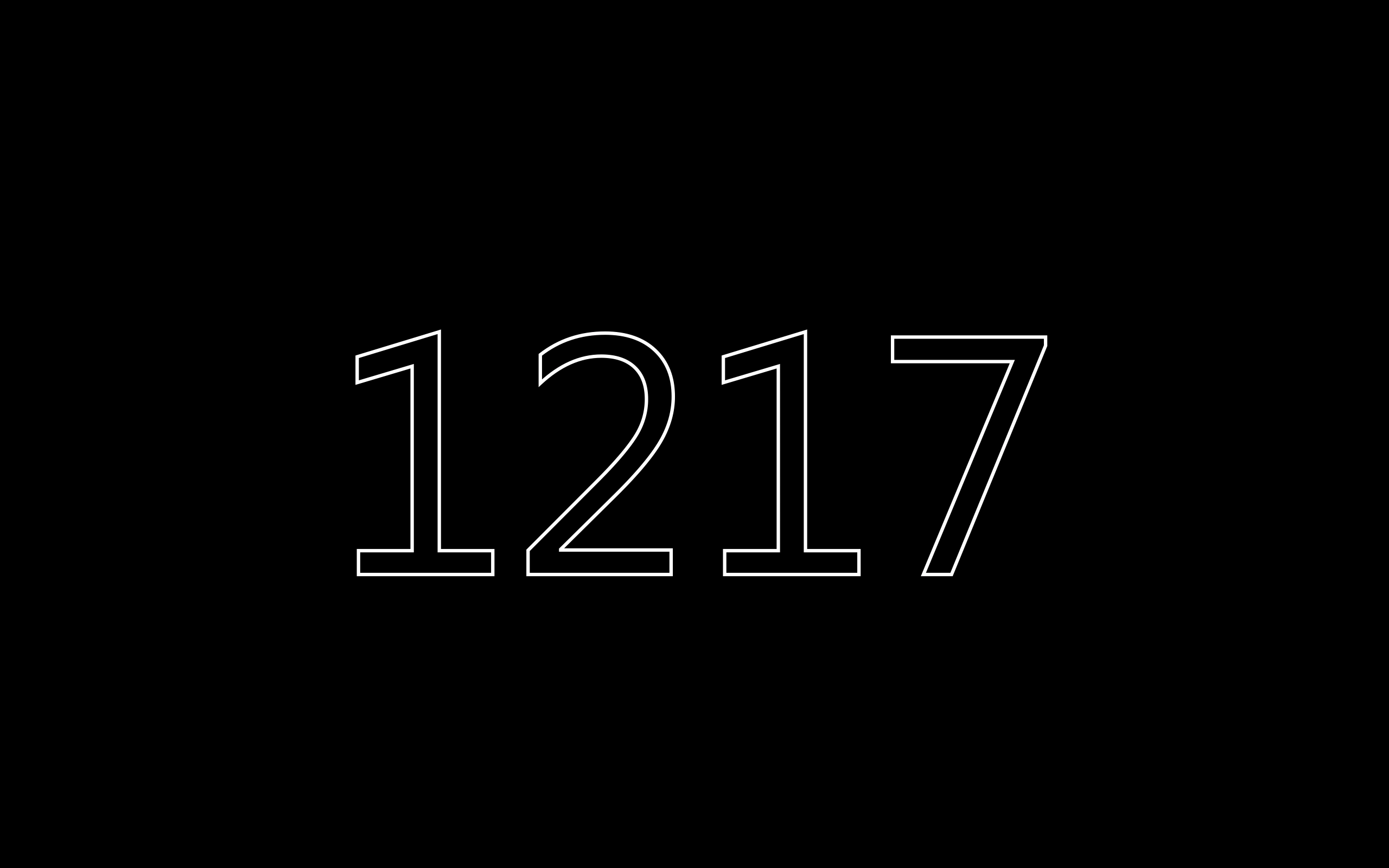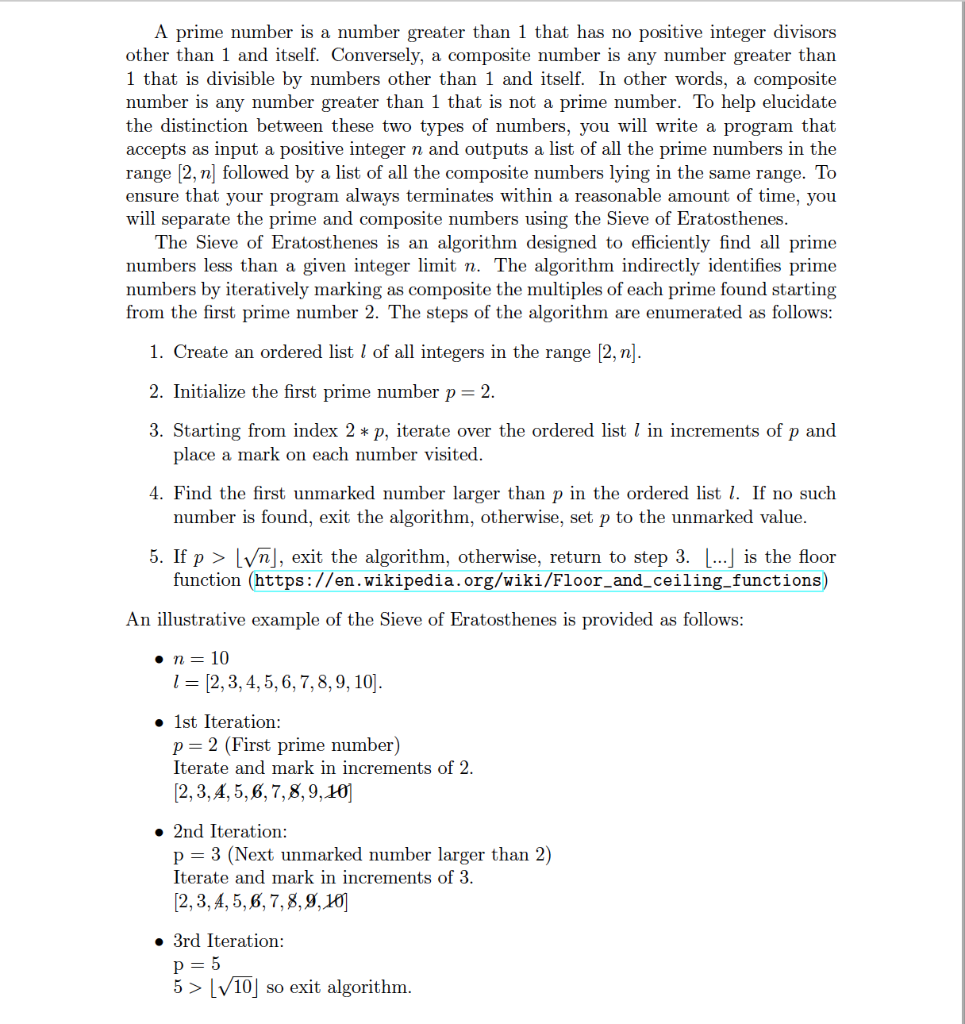

I have copied the definition in Prime number: "A prime number (or a prime) is a natural number greater than 1 that has no positive divisors other than 1 and itself." PrimeHunter ( talk) 21:29, 1 June 2015 (UTC) Blue vs Red I agree the current definition of prime number could be clarified. My post was about adding definitions to the sections with types of prime numbers. This section is from 2007 and there wasn't a definition of prime numbers at the time but just a link to prime number which is still linked in the second sentence. 71.202.80.15 ( talk) 03:15, (UTC)Thipdar New topics belong at the bottom of talk pages. Considering that "Factor" is wiki documented, I'd be happier to see a definition such as "A prime number is an integer that has only two factors (1 and itself).", with the appropriate embedded link.

The issues are whether or not the target number (or "number under test") is an integer, the divisor is an integer and the operation leaves a remainder other than zero. does anybody other than me have a problem with the opening definition: "A prime number is a number that cannot be divided by a number other than 1 and itself."? This simplistic definition fails because any number can be divided by anything other than zero. I think the list gives a better overview with short definitions for each type, so I spent a few hours adding it. PrimeHunter ( talk) 22:31, 6 June 2016 (UTC) Definitions Prime constant and Copeland–Erdős constant#Related constants is related. Your idea is called the characteristic function of primes: oeis:A010051. This can be easily converted to the "Prime Gaps" and visa versa" Robin Randall ( talk) 21:31, 6 June 2016 (UTC) Robin Randall: This list is supposed to have lists of prime numbers, not a list of 0's and 1's.

Here's a list of all 2,262 prime numbers between zero and 20,000.


 0 kommentar(er)
0 kommentar(er)
